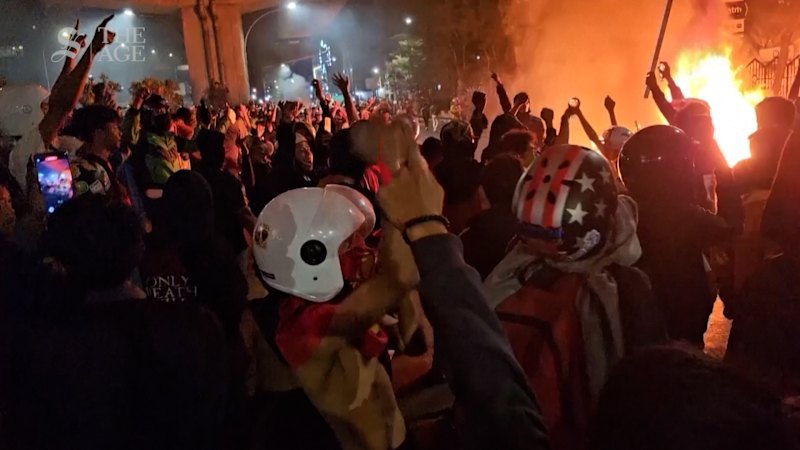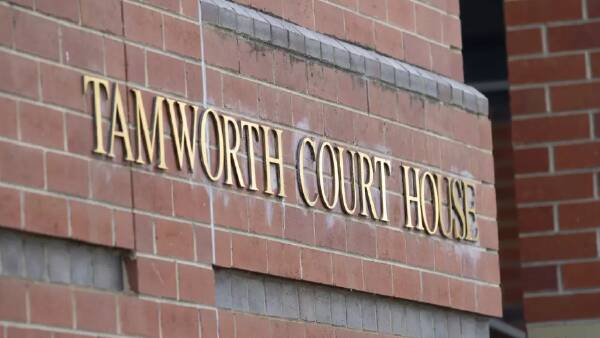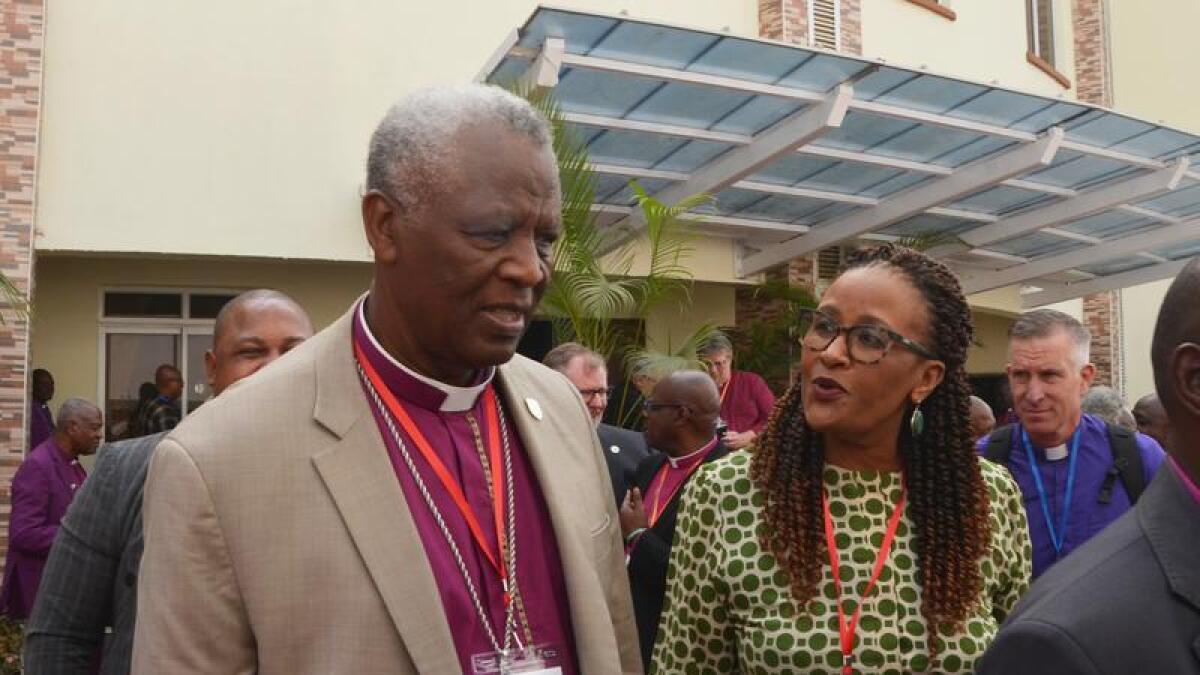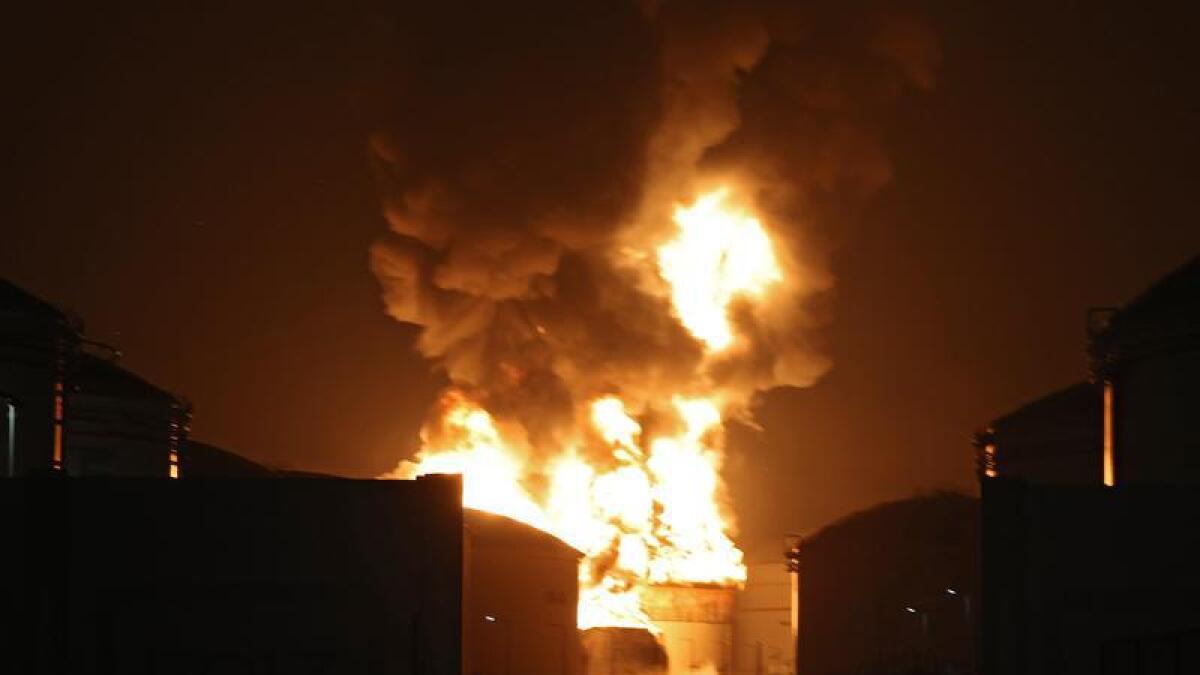
Protests have erupted across Indonesia, as thousands of citizens express their frustration over government corruption, police violence, and rising living costs. Demonstrations began in major cities, including Jakarta, on October 1, 2023, and have spread to various regions, drawing attention to the growing discontent among the populace.
The protests were triggered by a recent incident in which police used force to disperse demonstrators, sparking outrage among citizens. Protesters have united under a common banner, calling for accountability from the government and an end to practices they deem corrupt. Many are demanding immediate reforms to address the escalating economic pressures affecting daily life.
Widespread Discontent and Economic Strain
A significant aspect of the protests is the rising cost of living, which has become a pressing issue for many Indonesians. According to data from the Central Statistics Agency, inflation reached a troubling 5.9% in July 2023, making essential goods increasingly unaffordable for average families. This economic strain has intensified frustrations with the government, as citizens feel their needs are being overlooked.
The protests have seen participation from diverse groups, including students, workers, and human rights activists. Many participants have voiced their concerns over the government’s handling of economic policies and the perceived prioritization of political interests over citizen welfare. Demonstrators are calling for an increase in subsidies for basic necessities and a reevaluation of tax policies that disproportionately affect lower-income households.
International Response and Human Rights Concerns
The international community is closely monitoring the situation in Indonesia. Organizations such as Human Rights Watch have called on the Indonesian government to respect the right to peaceful assembly and to refrain from using excessive force against demonstrators. The organization’s recent statement emphasized the need for dialogue between the government and the protesters to address their grievances.
In response to the unrest, Indonesian officials have committed to investigating the allegations of police brutality and have urged citizens to engage in dialogue rather than protest. However, many protesters remain skeptical of the government’s intentions, fearing that promises made may not lead to substantial change.
As the protests continue, the situation remains fluid. Citizens are determined to make their voices heard, and the government faces mounting pressure to respond to the root causes of the unrest. Observers are watching closely to see how this wave of protests will influence Indonesia’s political landscape in the coming months.







